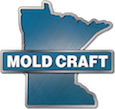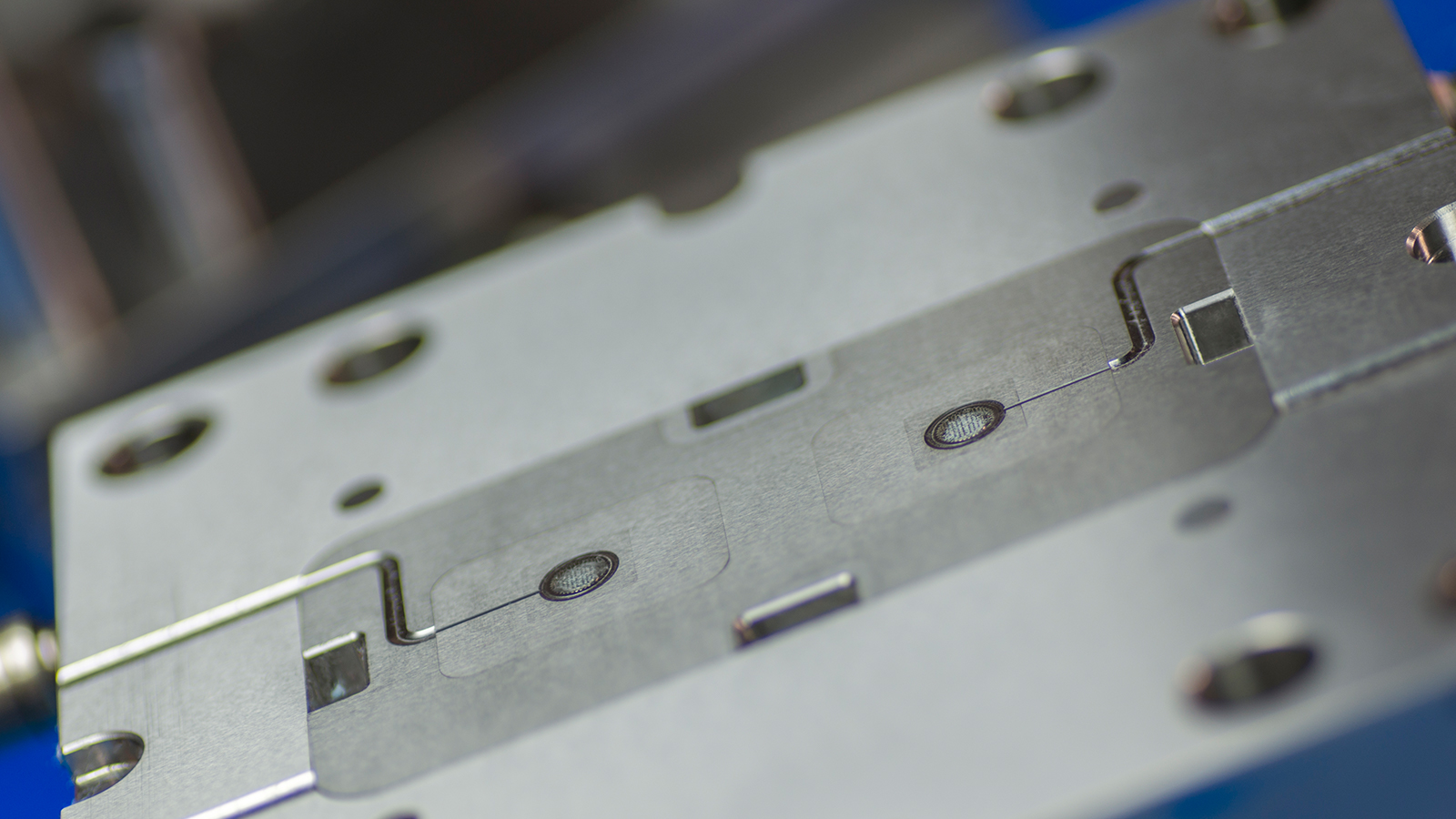


Design for Manufacturing (DFM) is the process of designing parts in such a way that they can easily be produced with the end goal in mind of cost and part efficiency, and is an industry standard in the world of manufacturing. The DFM process is relevant in virtually all manufacturing industries and is based on the part that is being manufactured as well as the equipment and processes available to build said part. At Mold Craft DFM is anything but standard, we work with our customers to design and build the best possible mold, going above and beyond meeting standards as defined by the industry.
The DFM process at Mold Craft starts with a customer who wants a new injection mold to efficiently recreate their part. The mold designers at Mold Craft will look at the part and define its “manufacturability.” This is based on a number of different variables such as what material the customer wants their part to be made of, the quantities required, the tolerances required, etc. If the mold designers at Mold Craft can find a way to make the part more manufacturable, it will make the mold more efficient and therefore will save the customer time and money in the long run. Jim Currey, the Engineering Manager at Mold Craft said, “Here at Mold Craft, we utilize the DFM process to give our customers the best experience possible. The DFM process ensures that our customers receive the highest quality mold, with complete interchangeability, producing very close tolerance molded parts.”
If a part is not easily manufacturable (moldable), Mold Craft will work with their customers to make their part more manufacturable in order to improve the quality of their injection mold. Mold Craft’s goal is to design and build an impressive and durable mold for their customer that will meet or exceed industry standard of one million cycles. To do that, Mold Craft needs to have an understanding of every single feature of the part being molded all the way down to how different materials will react in their molds. This is especially relevant with Mold Craft micro mold design, build and sampling for the medical industry with implantable resins such as PEEK (polyetheretherketone) materials (materials that can be left in the body). PEEK materials are very difficult to mold with and therefore require a thorough understanding.
Mold Craft realizes that certain areas of a mold are going to wear faster than other areas so Mold Craft designs their molds to make those areas replaceable. “Some areas such as gates, thin steel, shutoffs and core pins can be replaced without replacing the entire cavity. This saves our customers time and reduces the total cost of ownership over the life of the mold”, says Tom Emmons; Mold Craft’s Operations Manager. That is just one example of how Mold Craft custom designs a micro mold.
Design for Manufacturing is an integral part of the injection mold design process at Mold Craft. Mold Craft takes the time to develop a deep understanding of the customer’s part and recommend improvements to make the part more manufacturable so that we can design and build the most efficient injection mold possible. It is all in a day’s work, here at Mold Craft.